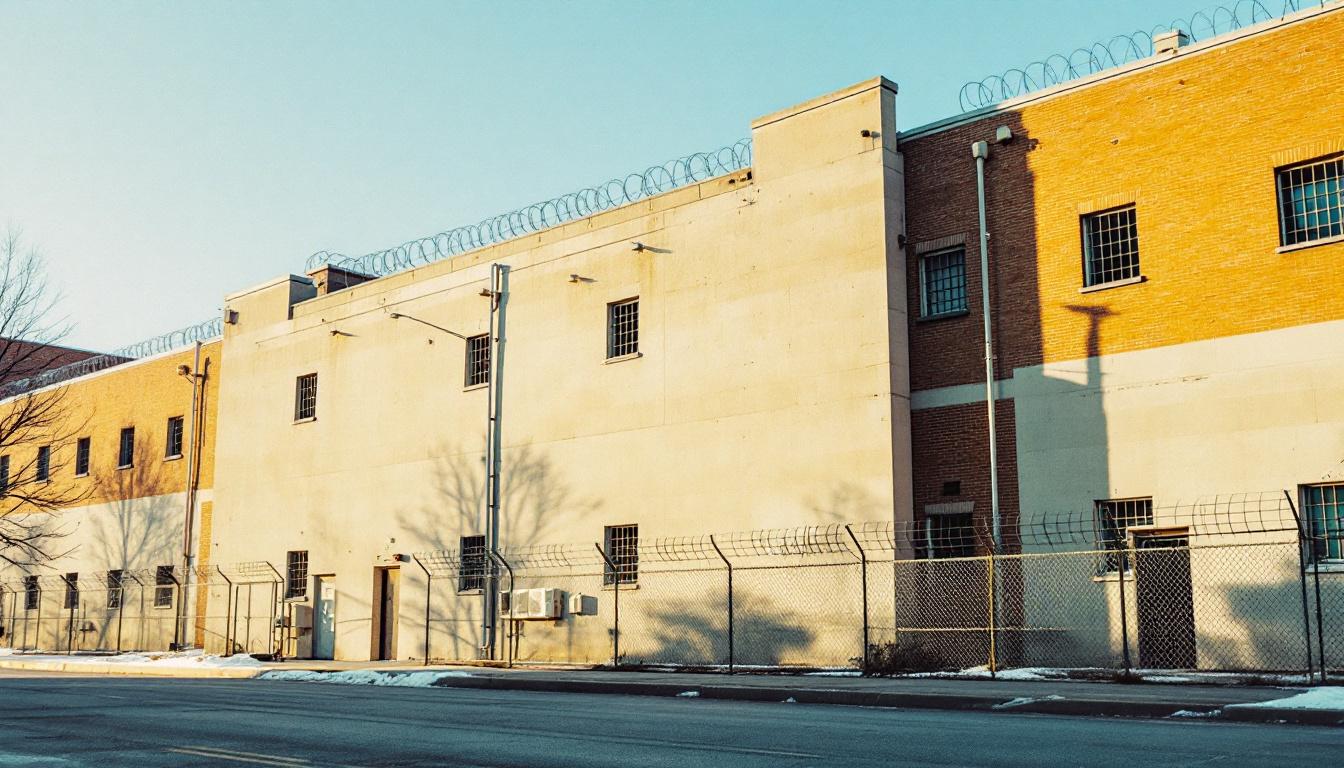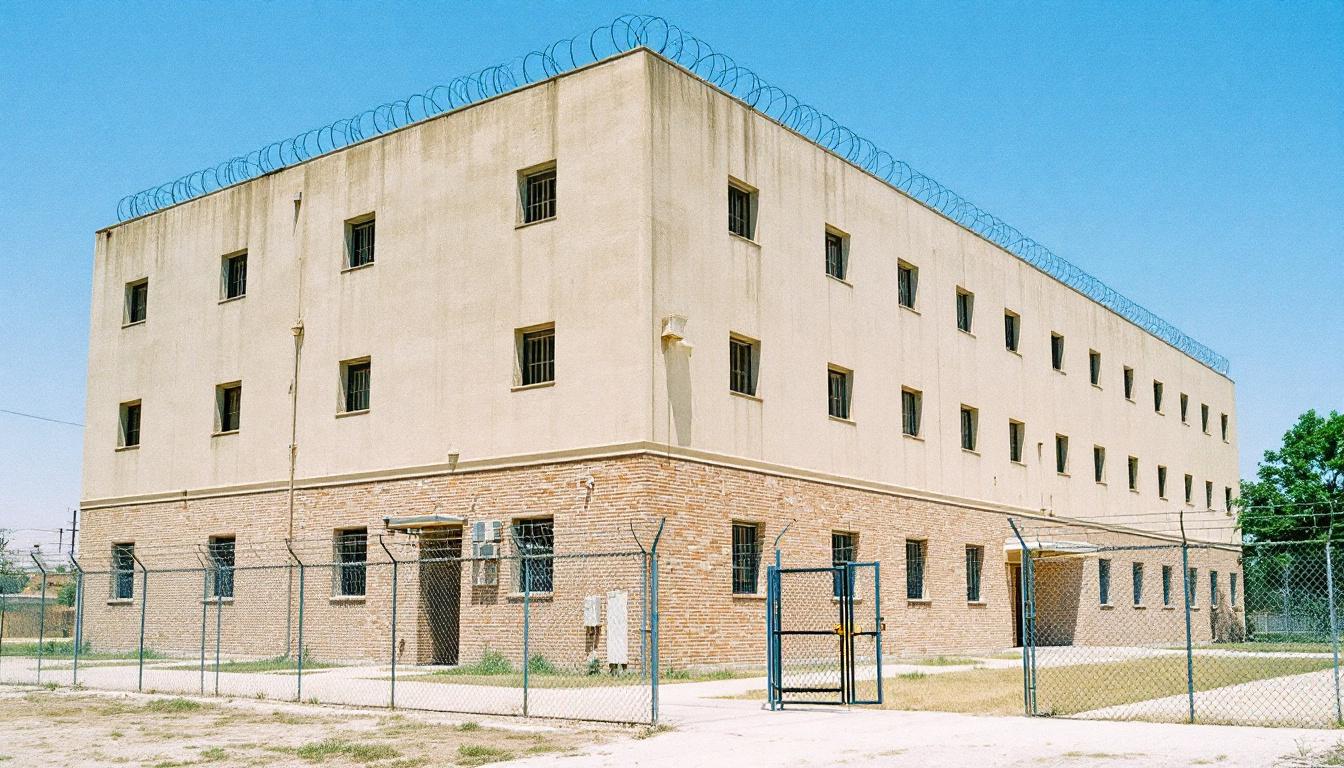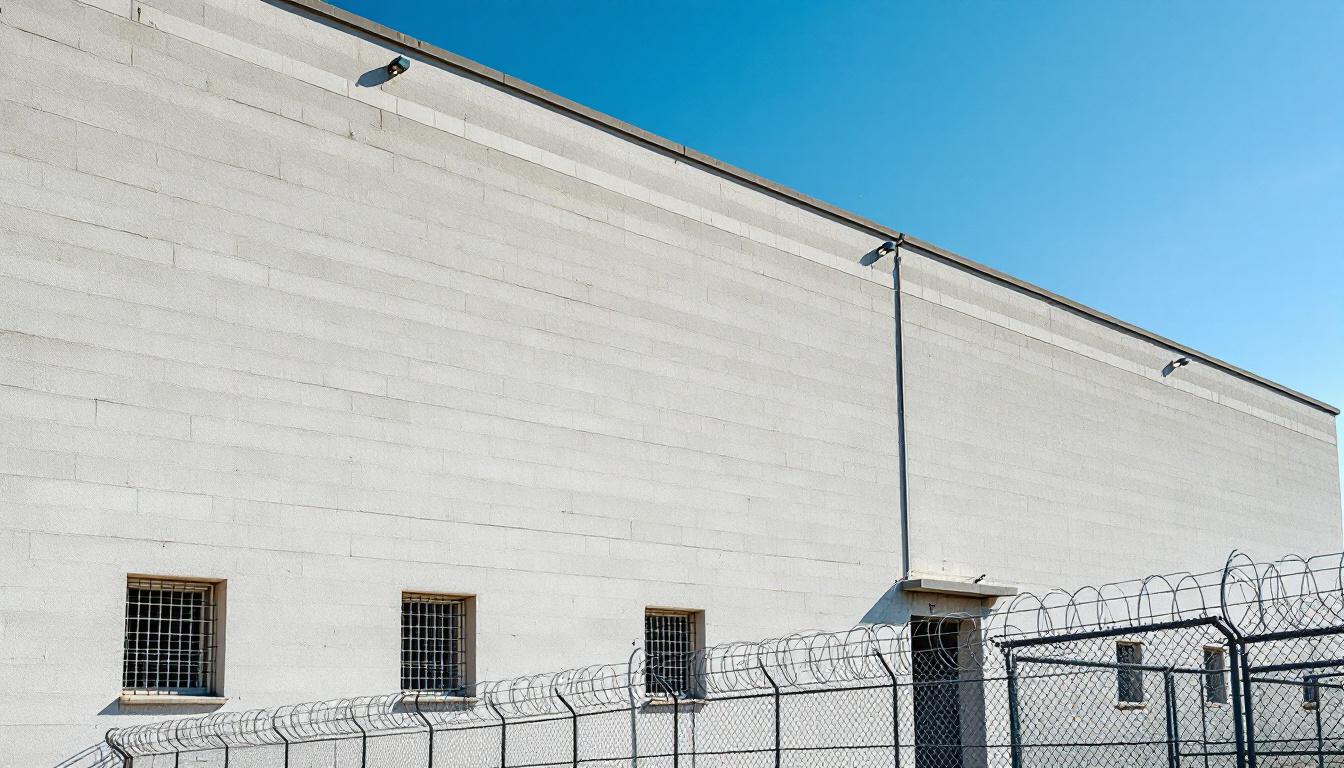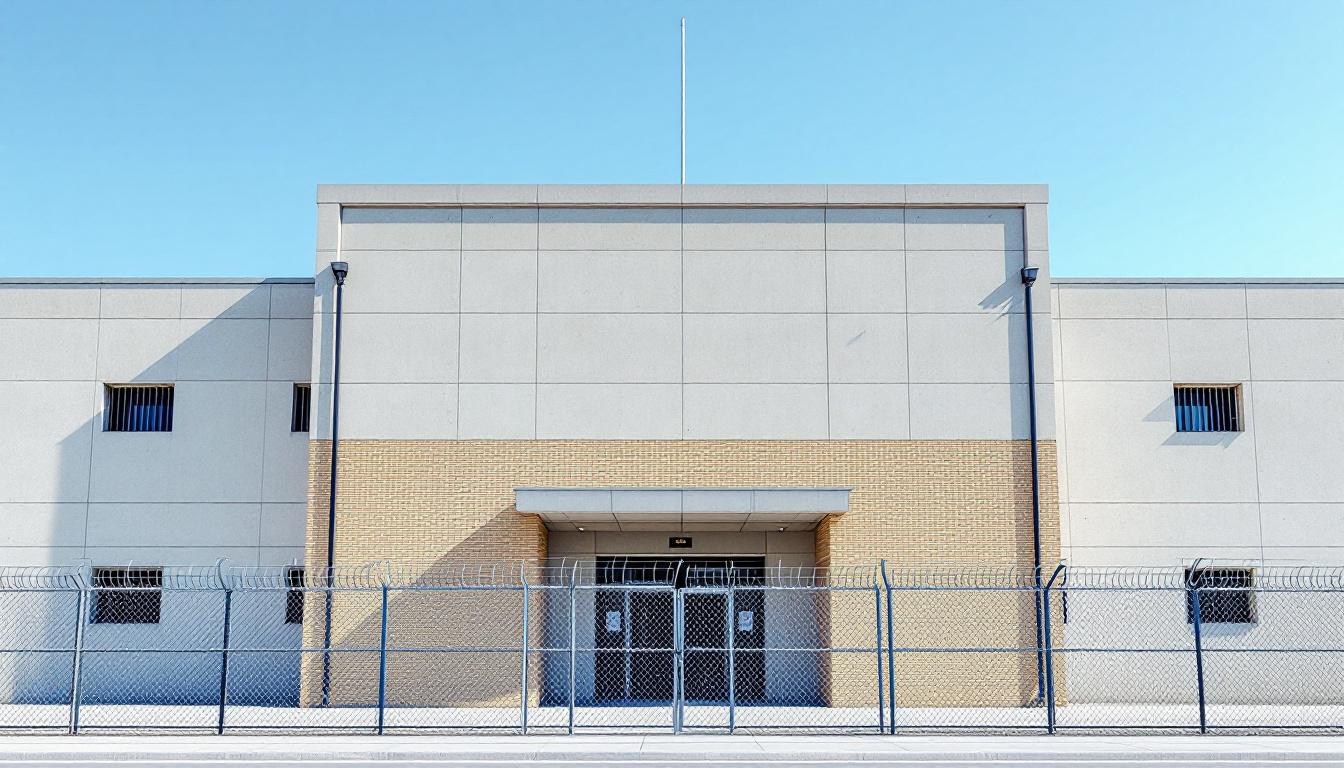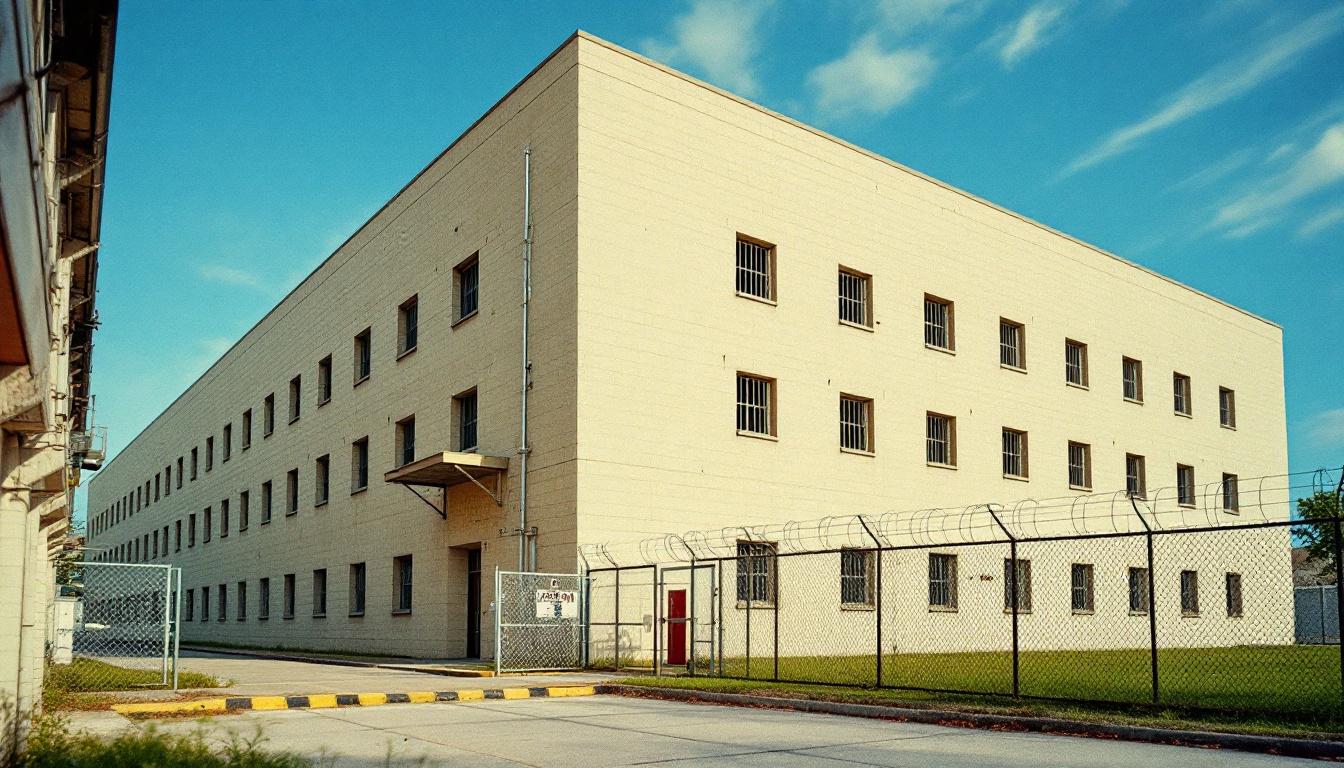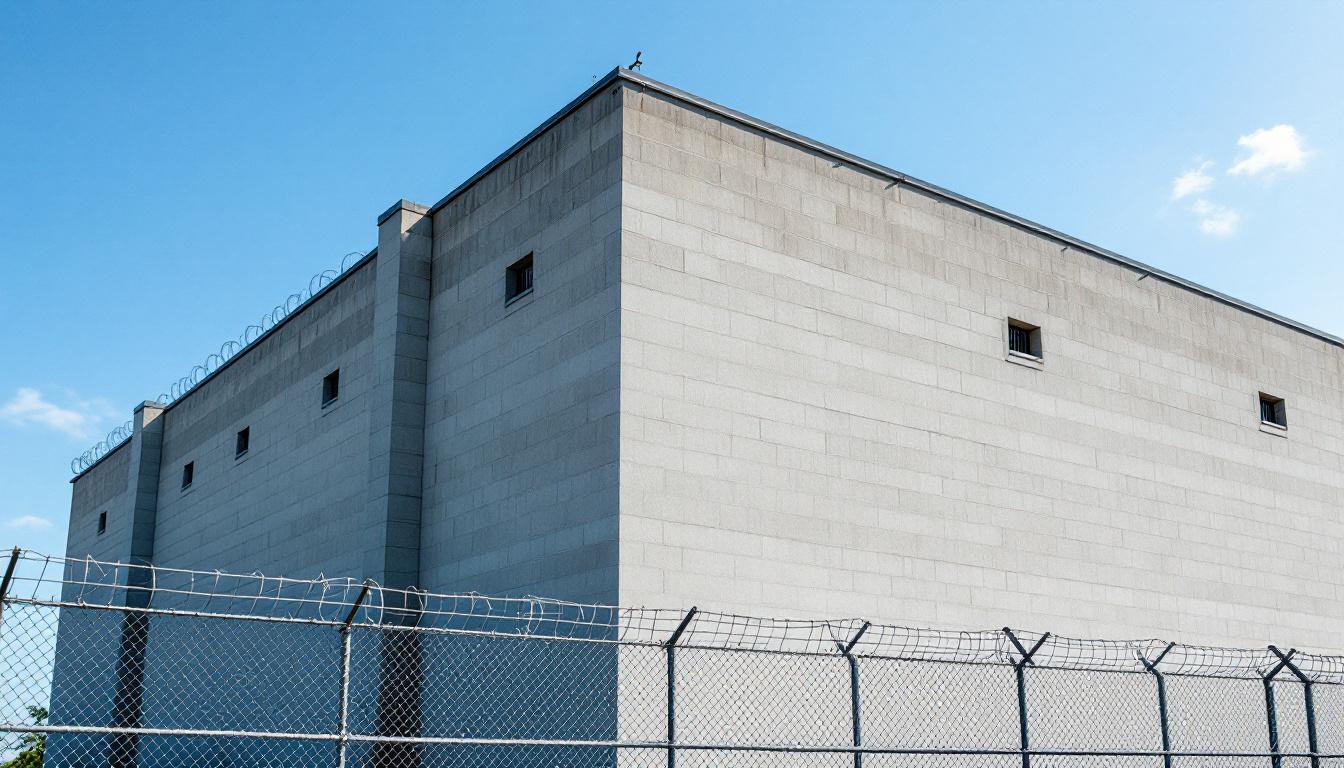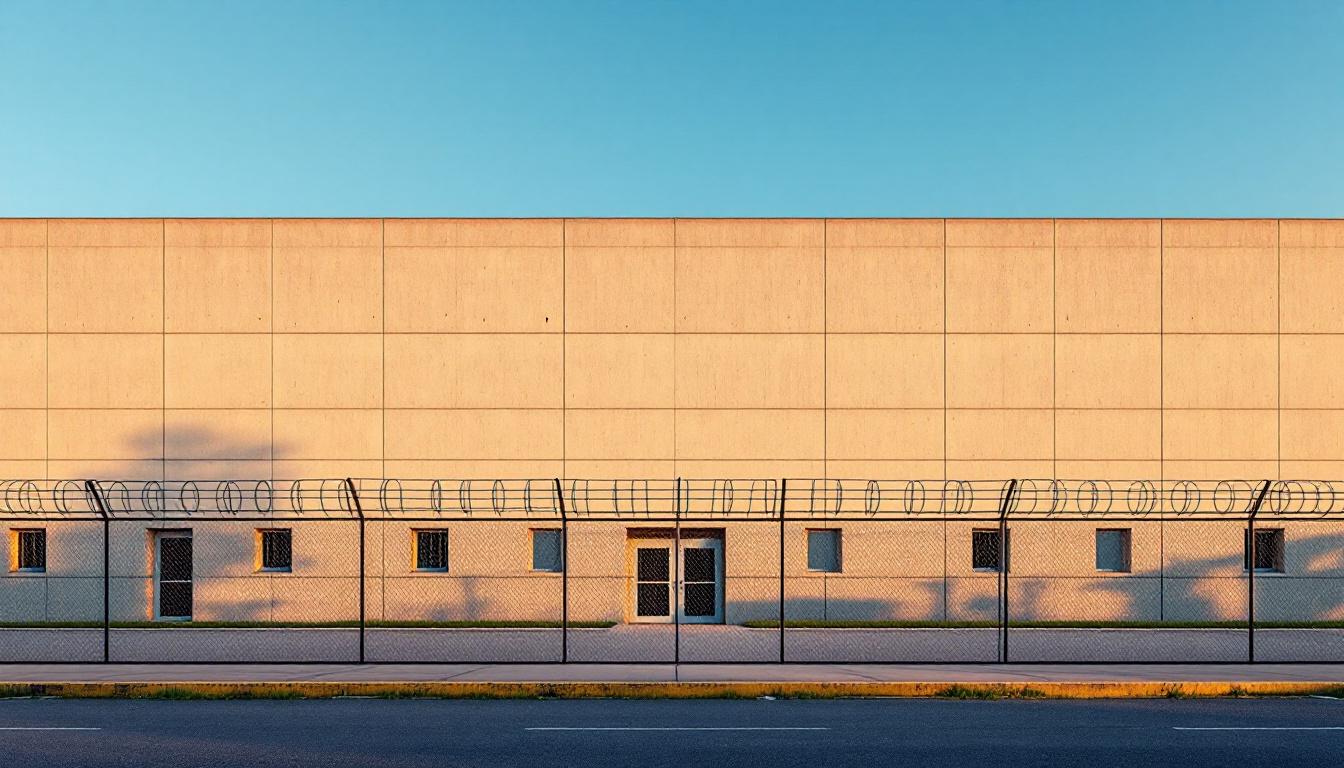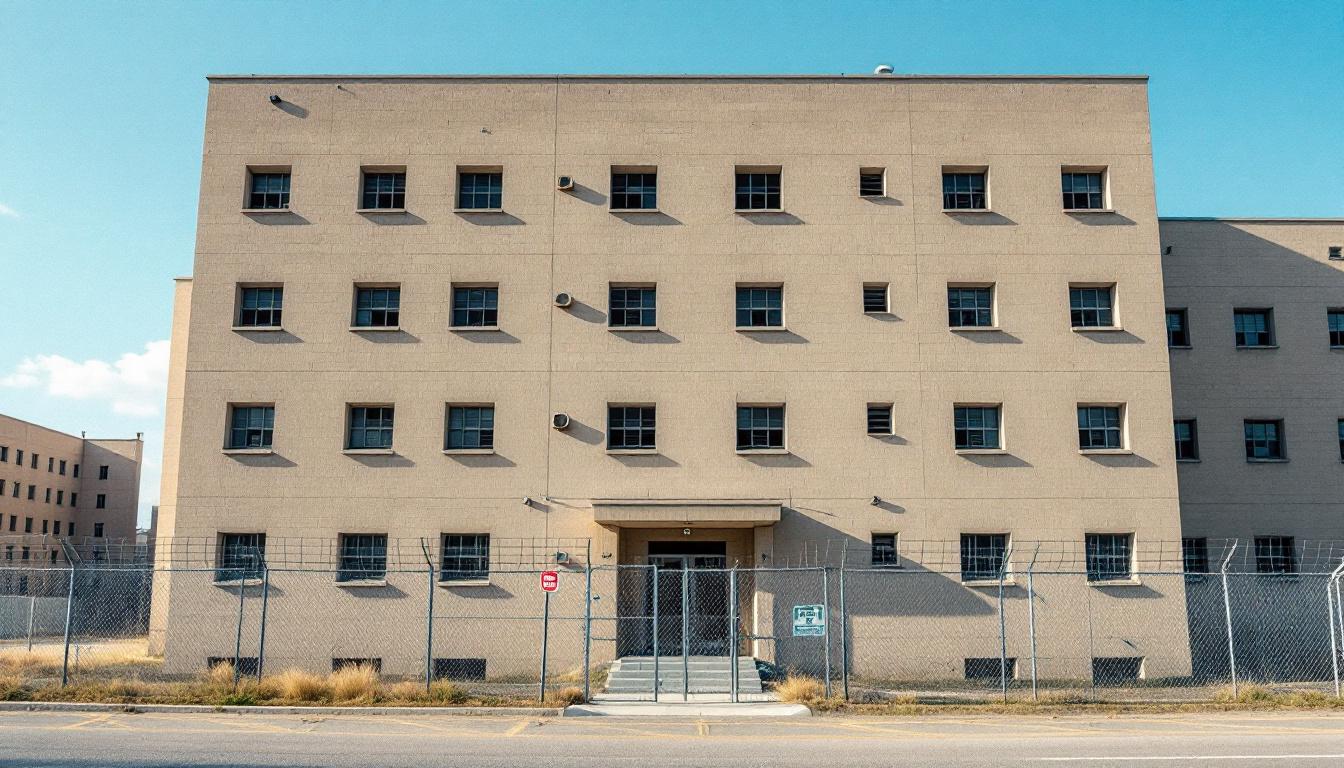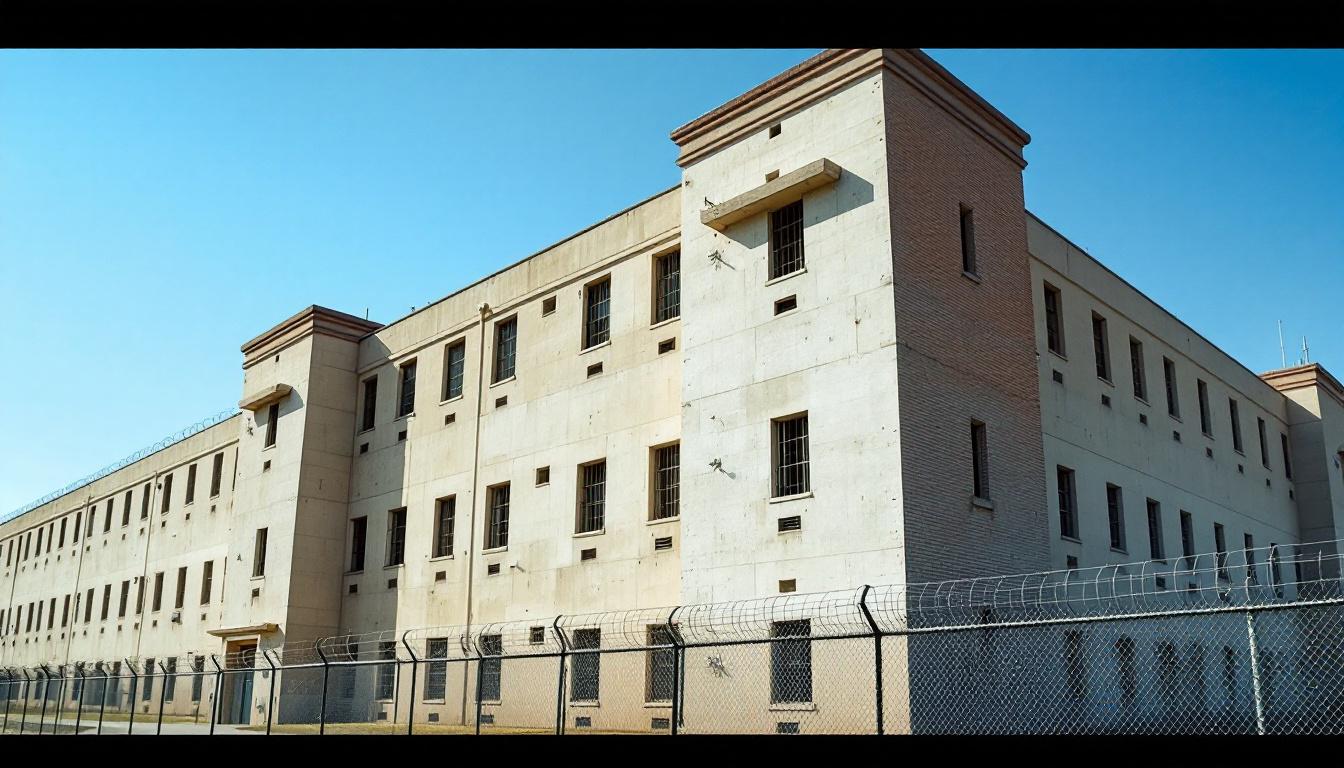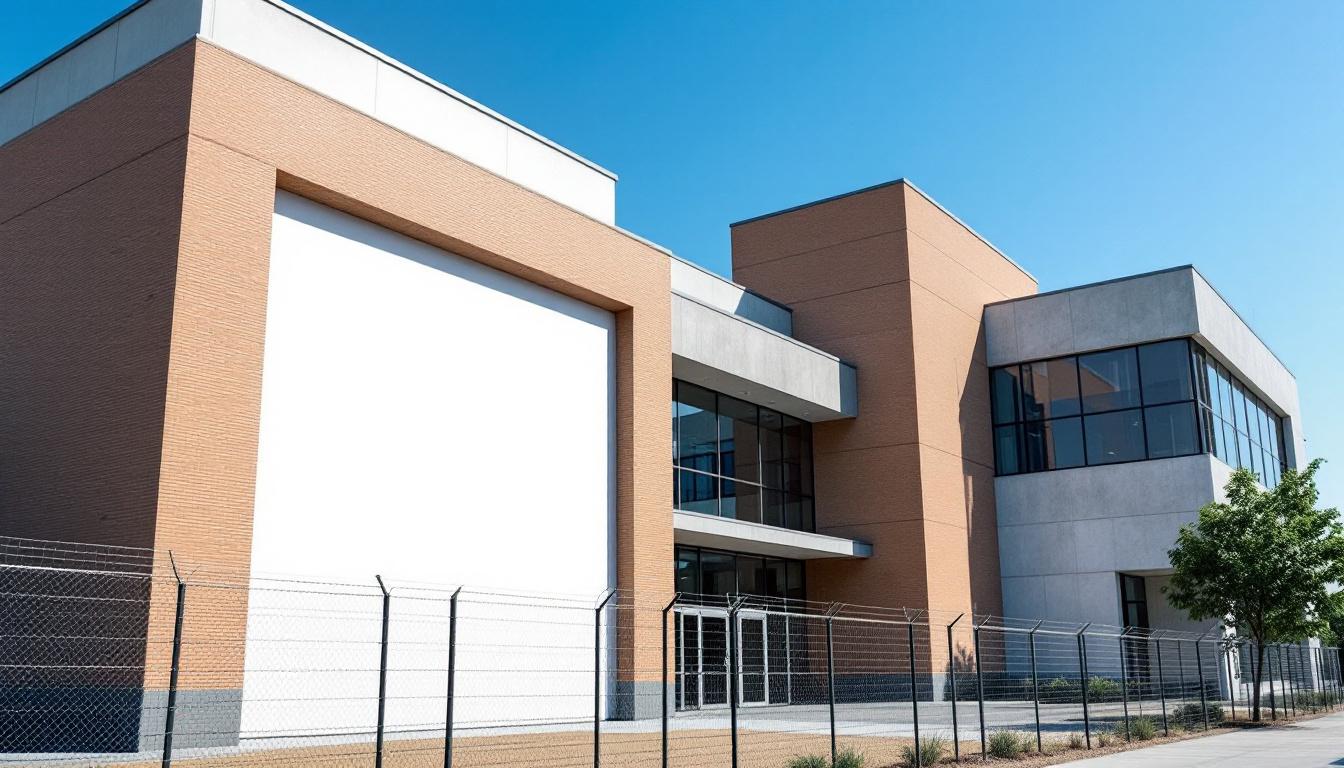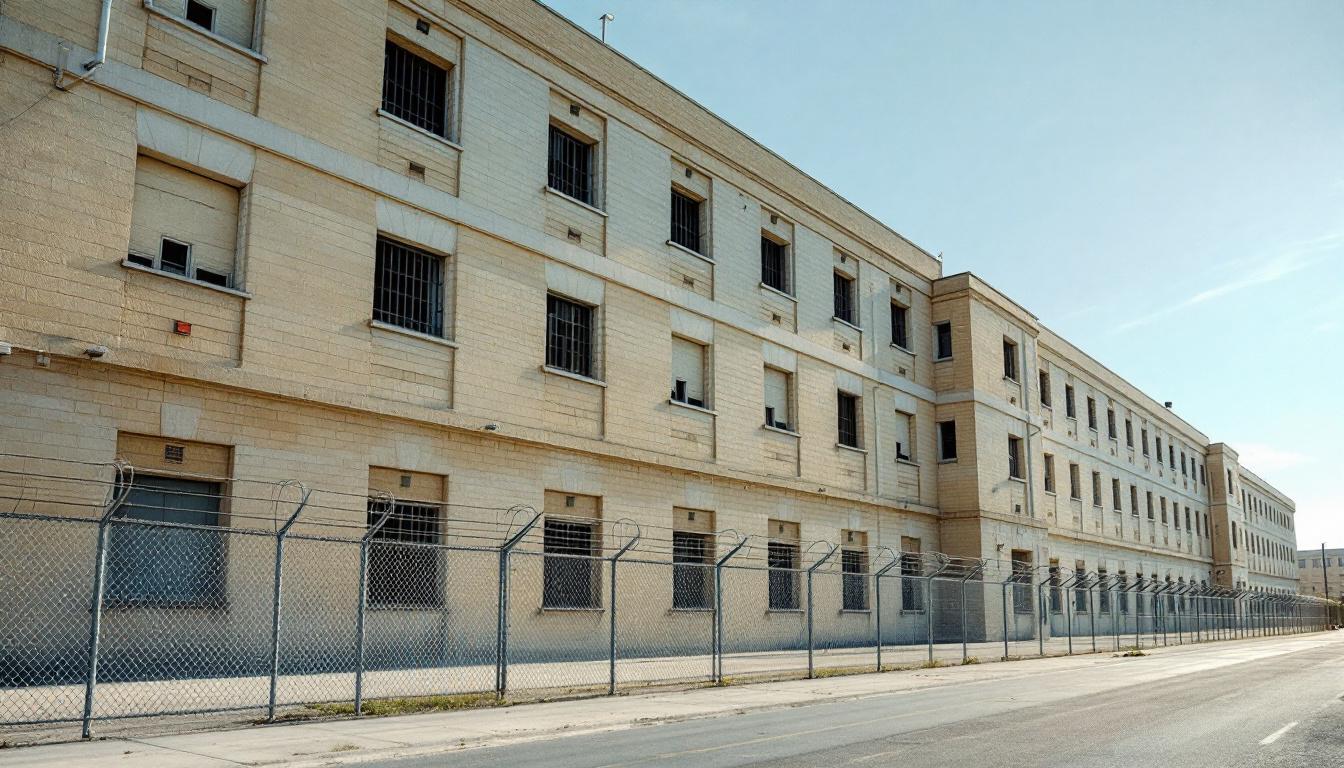
Quick Navigation
How to contact an inmate at Etowah County Jail
This comprehensive guide will walk you through how to connect with an inmate at Etowah County Jail. Follow the steps below to find an inmate and send letters and photos:
- Search for the inmate using our search tool below
- Create your account or log in to Penmate
- Write your message (up to 6,000 characters)
- Send instantly - inmates receive printed copies daily
Find an Inmate
Search for an inmate to start communicating today
Tip: You can search by first name, last name, or inmate ID number
To contact a person at Etowah County Jail start by searching for the person on the official facility website. Perform a search by following these steps:
- Step 1: Enter their first name and last name into the search form and click "Search"
- Step 2: Locate their inmate record
- Step 3: Write down their Inmate ID and any housing information provided
Important! Be sure to enter the person's full name. Nicknames should not be used.
How to Send Messages to Inmates

You can use your phone or computer to send emails, letters, and photos to an inmate. Messages are sent electronically to inmate tablets or kiosks at the facility. If you would like to send a message, start by searching for an inmate at Etowah County Jail.
Sending Photos and Postcards

A great way to send love and support to a loved one at Etowah County Jail is to send photos and postcards. It only takes a few minutes to send photos from your phone and it makes a huge difference. You can also mail postcards with words of support and inspiration, or design your own postcard for special moments like birthdays and holidays.
Important! Be sure not to send any explicit photos or they may not be approved by the facility. You can also use a photo printing app like Penmate to make sure your photos are printed at the correct size (4x6 or 3x5) and are mailed according to the rules and regulations of Etowah County Jail.
Frequently asked questions about Etowah County Jail
-
How long does it take to deliver a message?
If you're sending an email message your letter is usually delivered within 24-48 hours. For messages sent via mail you should expect delivery within 3-7 days. All messages will need be approved by Etowah County Jail.
-
How much does it cost to send a message to Etowah County Jail?
You can send a message free using your phone or mail a message via USPS for the price of a $0.60 stamp and envelope. You can also purchase credits or e-stamps from services starting at $1.99.
-
What services can I use to contact an inmate at Etowah County Jail?
Penmate
You can use Penmate to send letters and photos to an inmate from your phone. It's an easy way to stay in touch during your loved one's incarceration. Use the inmate locator to find an inmate's location and contact information, then you can send messages within a few minutes.
Securus messaging
Securus may be another option for communicating with an inmate at Etowah County Jail. You can create a friends and family account and purchase credits to send messages. All messages will be reviewed and must be approved by the facility.
JPay
Some county jails and state prisons may support sending messages with JPay. You must register an account with the system, find your loved one, and purchase stamps to send messages. For some locations you can also attach photos.
Smart Jail Mail
You may also check if Smart Jail Mail is available at Etowah County Jail. Smart Jail Mail is operated by Smart Communications and has contracted with some state and county jails. After purchasing credits, your messages and photos are sent to the facility, printed out, and then handed out to your loved one.
-
What is the mailing address of Etowah County Jail?
Mailing address:
Etowah County Jail
827 Forrest Ave
Gadsden, AL 35901
Phone: (256) 546-2825Business hours:
- Monday: Open 24 hours
- Tuesday: Open 24 hours
- Wednesday: Open 24 hours
- Thursday: Open 24 hours
- Friday: Open 24 hours
- Saturday: Open 24 hours
- Sunday: Open 24 hours
-
What are the visiting hours at Etowah County Jail?
Visiting hours at Etowah County Jail vary by housing unit and security level. Generally, visits are scheduled on weekends and holidays, with some facilities offering weekday visits. Contact the facility directly at (256) 546-2825 or check their website for the current visiting schedule. Visits typically last 30-60 minutes and must be scheduled in advance.
-
What items are prohibited when sending mail to Etowah County Jail?
Prohibited items typically include: cash, personal checks, stamps, stickers, glitter, glue, tape, staples, paperclips, polaroid photos, musical or blank greeting cards, hardcover books, magazines with staples, and any items containing metal or electronics. Only send letters on plain white paper with blue or black ink. Photos must be printed on regular photo paper (no Polaroids). Always check with Etowah County Jail for their specific mail policies.
-
How do I send money to an inmate at Etowah County Jail?
You can send money to an inmate at Etowah County Jail through several methods: 1) Online using JPay, Access Corrections, or the facility's approved vendor, 2) Money orders mailed directly to the facility with the inmate's name and ID number, 3) Kiosks located in the facility lobby, or 4) Over the phone using a credit or debit card. Fees vary by method, typically ranging from $2.95 to $11.95 per transaction.
-
Can I schedule a video visit with an inmate at Etowah County Jail?
Many facilities now offer video visitation as an alternative to in-person visits. At Etowah County Jail, video visits may be available through services like Penmate, Securus Video Connect, GTL, or ICSolutions. Video visits typically cost $10-20 for 20-30 minutes and must be scheduled in advance. You'll need a computer or smartphone with a camera and reliable internet connection. Contact the facility for their specific video visitation policies and approved vendors.
-
What identification do I need to visit an inmate at Etowah County Jail?
All visitors must present valid government-issued photo identification such as a driver's license, state ID, passport, or military ID. Minors must be accompanied by a parent or legal guardian who can provide the minor's birth certificate. Some facilities require visitors to be on the inmate's approved visitation list, which may require a background check. Contact Etowah County Jail for specific ID requirements and visitor approval procedures.
-
How can I find out an inmate's release date?
To find an inmate's release date at Etowah County Jail, you can: 1) Use the online inmate search tool if available, 2) Call the facility's records department, 3) Contact the inmate's case manager or counselor, or 4) Have the inmate provide this information during a call or visit. For privacy reasons, some facilities only release this information to immediate family members.
Facility Overview
Official Website
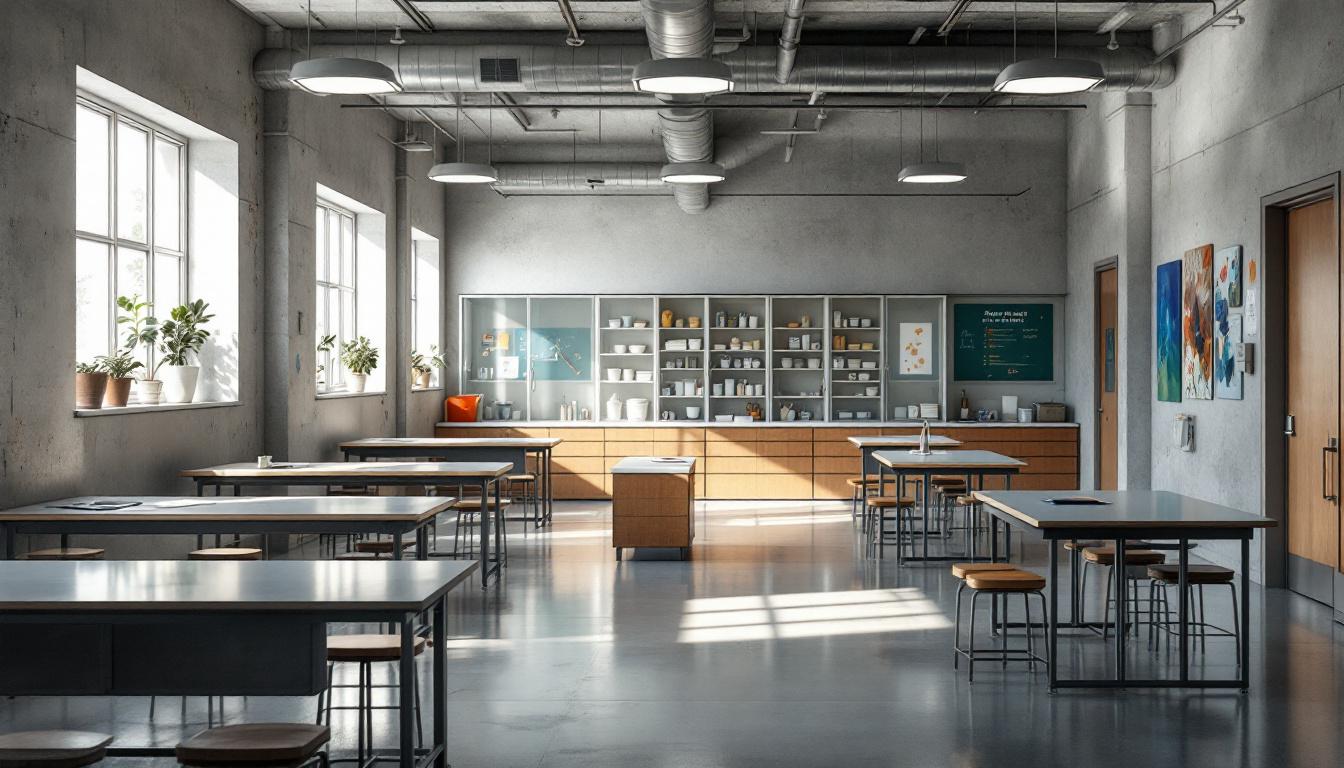
About Etowah County Jail
Serving as a vital component within Alabama's correctional infrastructure, detention centers like the Etowah County Detention Center provide secure housing and essential services for individuals awaiting trial or serving shorter sentences in the Gadsden area. This AL correctional facility operates within the broader framework of the state's justice system, focusing on maintaining security while addressing the population services needs of those in custody and their families.
Located in Gadsden, the facility typically manages a diverse population that may include pretrial detainees, individuals serving misdemeanor sentences, and those awaiting transfer to other institutions. The detention center generally offers basic medical care, mental health support, and educational opportunities designed to help individuals maintain connections with their communities. Visitation programs often allow families to maintain important relationships during incarceration, while various support services may include substance abuse counseling and job readiness preparation. These programs reflect the facility's role in supporting both immediate custodial needs and longer-term reintegration goals.
The center's operations within Etowah County contribute to the regional approach to corrections in northeastern Alabama, where rehabilitation efforts often emphasize preparing individuals for successful return to their communities. Through coordination with local courts, social services, and community organizations, the facility typically works to address underlying issues that may contribute to criminal behavior while ensuring public safety remains the primary concern.
Programs & Services
Support flows through carefully structured programs designed to address the diverse needs of the population at Etowah County Detention Center. The facility typically emphasizes a comprehensive approach that recognizes each individual's potential for growth and positive change. These programs often focus on building essential life skills while fostering personal responsibility and community connections that extend beyond incarceration.
Educational programs form a cornerstone of the facility's offerings, providing opportunities for the population to advance their academic achievements and develop practical skills. The center may offer basic literacy instruction, GED preparation, and continuing education courses that help participants build confidence and expand their knowledge base. These educational initiatives typically emphasize both academic learning and practical application, preparing individuals for successful reintegration into their communities.
Additionally, the facility often includes various support services that address spiritual, emotional, and social needs. Work release programs may provide structured opportunities for eligible participants to maintain employment while serving their sentences, helping preserve family financial stability and professional relationships. Faith-based programs typically offer spiritual guidance and community support, while creative writing initiatives may serve as outlets for personal expression and reflection. Restorative justice programs often focus on accountability, healing, and rebuilding relationships between participants and their communities, emphasizing the importance of making amends and developing empathy for those affected by their actions.
Daily Life & Visitation
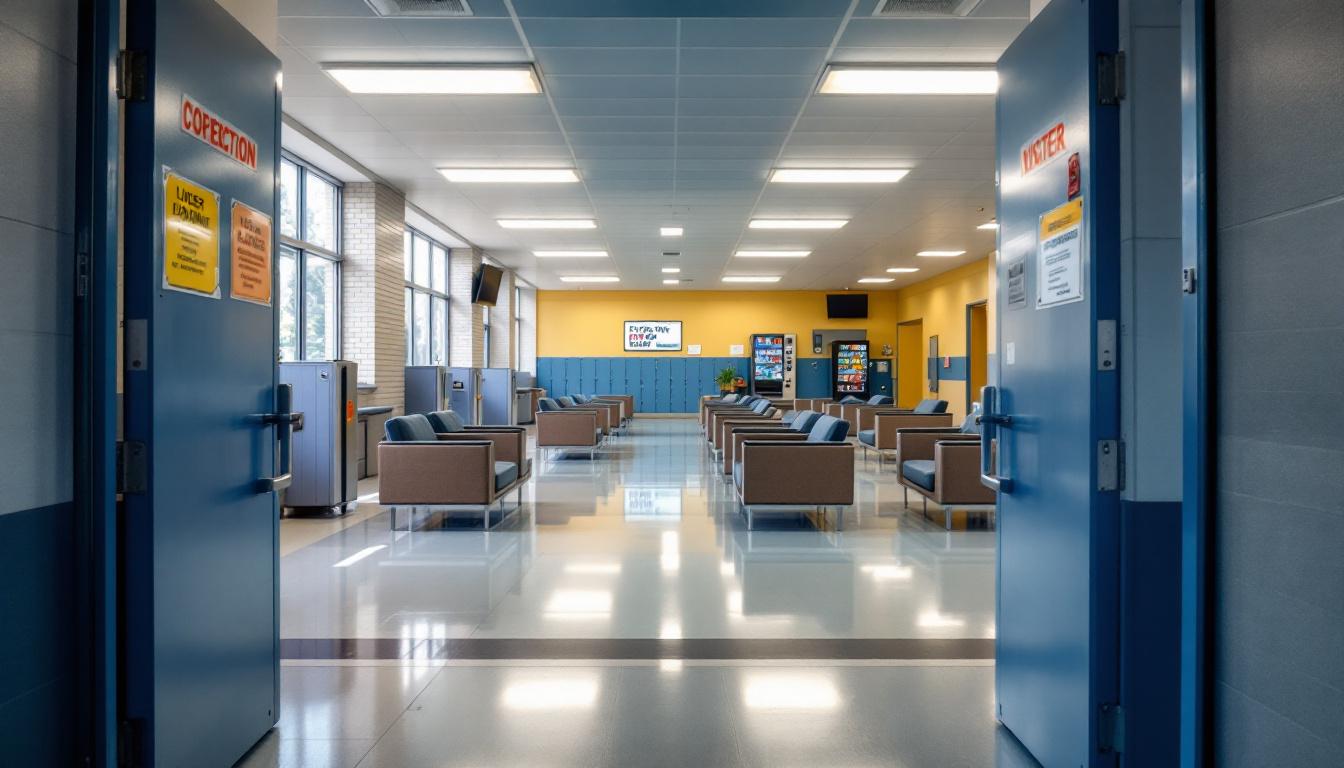
Structured protocols and established routines form the foundation of how the population experiences daily life at Etowah County Detention Center. At present, residents actively participate in a scheduled framework that typically begins with early morning counts and meal service, followed by designated periods for housing unit activities, work assignments, and programming opportunities. The facility generally maintains consistent timing for essential activities while allowing flexibility for individual needs and classification levels.
Housing arrangements typically place residents in dormitory-style units or individual cells, depending on classification and available space. Living accommodations usually include basic furnishings and personal storage areas, with the population having access to common areas within their designated housing sections. Additionally, meal service generally occurs in dining areas or housing units, with menus that aim to meet nutritional requirements and accommodate dietary restrictions when possible.
Recreation and exercise opportunities typically supply structured physical activity through gymnasium access, outdoor recreation yards, and organized sports when weather and staffing permit. While programming schedules may include educational classes, substance abuse counseling, and life skills training, availability often depends on facility resources and individual eligibility. The population generally maintains family connections through scheduled visitation periods, telephone access, and correspondence, with communication policies designed to balance security requirements with the importance of maintaining supportive relationships during incarceration.
Ready to Connect?
Start communicating with your loved one today
Search for an Inmate
